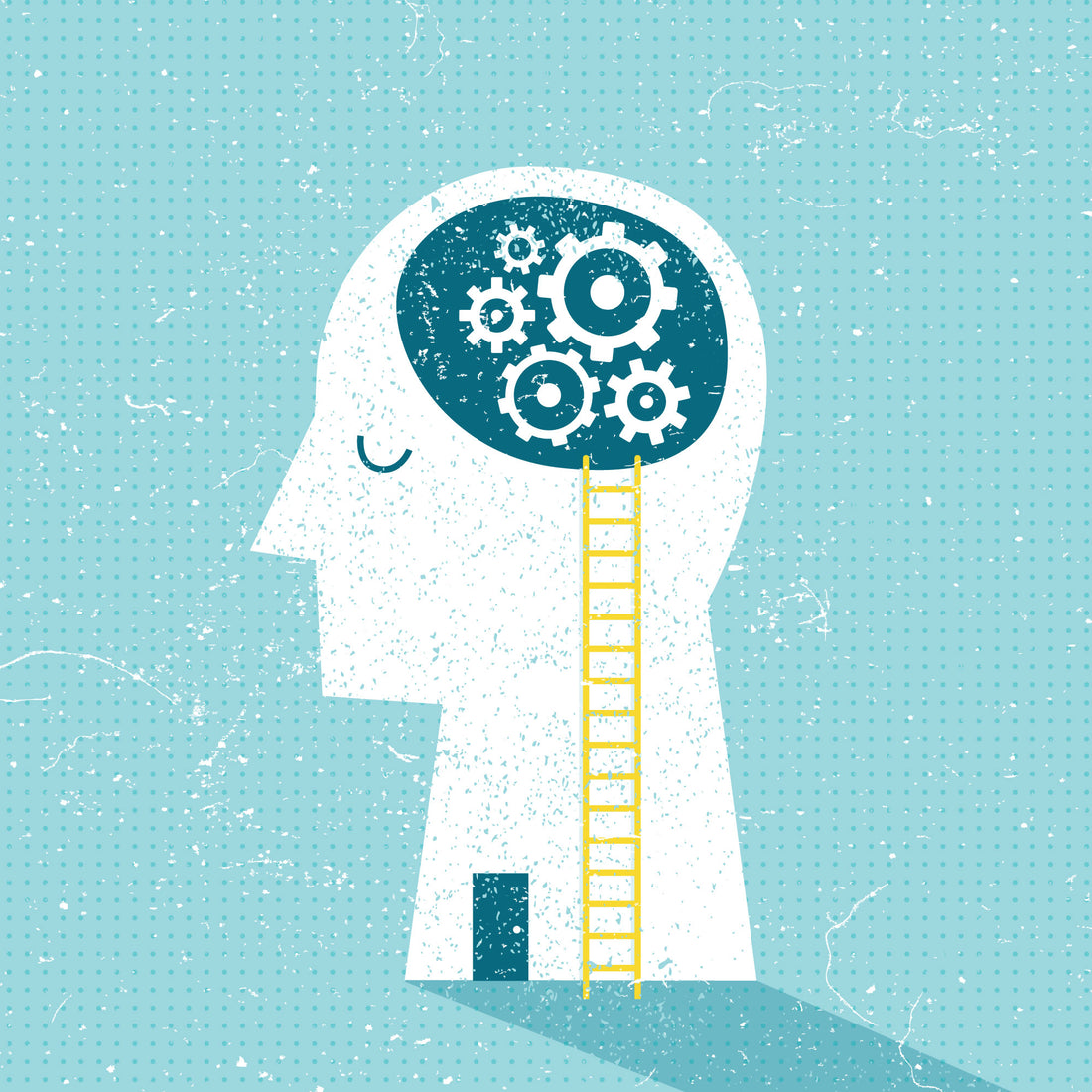A lack of iodine can have a significant impact on both physical and mental wellbeing
Thyroid health is something that isn’t as widely discussed as it should be. Many of us are simply unaware of the impact poor thyroid health can have on our overall wellbeing. In fact, Forth estimates that one in 20 people in the UK have a thyroid disorder, but suggests that this number could be much higher with many individuals failing to recognise they have an issue.[1]
Perhaps the least understood aspect of thyroid health relates to the role this gland and its function in hormone release plays in supporting mental health. All too often, people consider the impact on physical wellbeing and little attention is given to mental health.
We’re going to take a closer look at this relationship, as well as establishing some of the best ways to support your thyroid health with iodine.
The psychological symptoms of thyroid problems
Some of the most common thyroid disorders include hyperthyroidism (an overactive thyroid), hypothyroidism (an underactive thyroid), thyroid cancer and thyroid-related eye conditions. What many people don’t know is that people with thyroid disorders often have mental and emotional health symptoms as well as physical symptoms.
According to the NHS, some of the most prominent symptoms of an overactive thyroid are nervousness, anxiety, irritability and mood swings. It can also cause difficulty sleeping, as well as increased tiredness, weakness and sensitivity.[2] Similarly, an underactive thyroid can also result in tiredness, as well as feelings of depression and low mood.[3]
Whatever kind of thyroid disorder you develop, it will likely make you feel more emotional, and result in rapid and unpredictable changes in mood. Thyroid underactivity has also been known to cause significant cognitive concerns such as difficulties with concentration, short-term memory laps, a lack of interest and a reduction in mental alertness.[4]
What causes these issues?
So how does a problem with your thyroid result in mental and emotional concerns? The answer lies in the abnormal thyroid hormone levels caused by thyroid disorders. Rapid changes in hormone levels can unsettle the emotions, and an unstable thyroid leads to unstable hormone release.
Sometimes the psychological impact of a thyroid disorder can be the result of secondary stimuli. The sheer stress of battling illness can lead to increased levels of anxiety and depression, creating a vicious cycle. Likewise, thyroid disorders can result in physical changes like weight loss or gain, and hair loss, all of which can have an impact on confidence and mood.[5]
Iodine is essential for thyroid health, and seaweed is essential for iodine
If you read our blog regularly, you’ll know that iodine is essential to maintaining thyroid health. The natural iodine content in our organic seaweed capsules means that they can contribute to a range of important health factors, including thyroid health.
One of the main roles of iodine in the body is to manage and maintain the thyroid. By reaching your recommended daily intake of iodine, you can support your thyroid health and reduce the risk of experiencing the symptoms of thyroid disorder, both physical and mental.
Iodine deficiency remains a significant concern in the UK,[6] so getting familiar with seaweed is vital. As the only significant plant-based source of iodine, introducing seaweed into your diet can help support your thyroid health in the long run. Just one capsule of Doctor Seaweed’s Weed & Wonderful® organic seaweed provides as much iodine as three whole mackerel.
Discover the full Weed & Wonderful® organic seaweed range from Doctor Seaweed today by clicking here. Subscribe to regular orders and save 15%.

